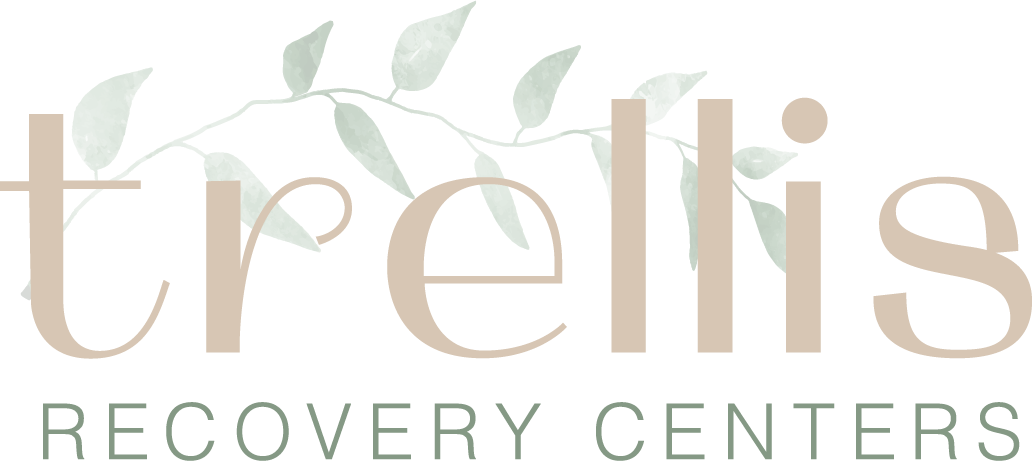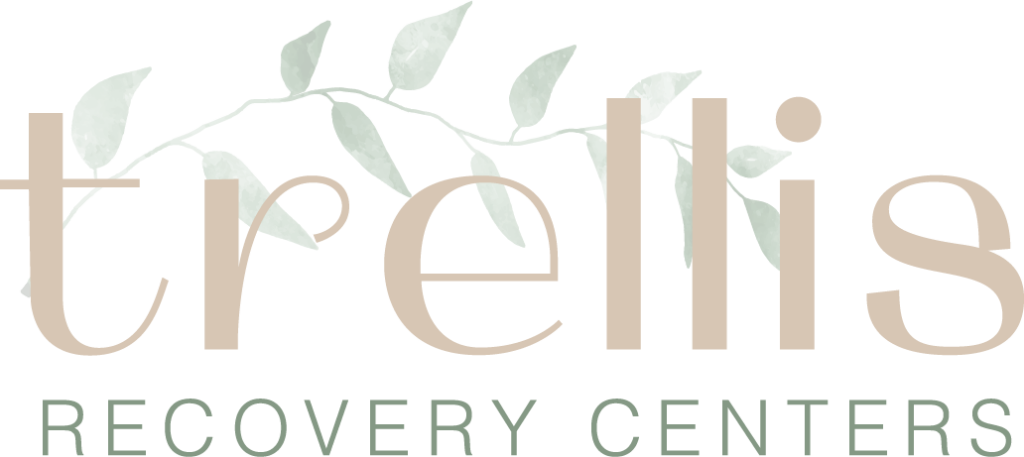The therapeutic modality used in eating disorder treatment is critical to treatment effectiveness. While there are few therapeutic methods that are solely unhelpful, research has shown that a choice few are most helpful in treating eating disorder psychology and behaviors. One such treatment for eating disorders is a cognitive therapy called Dialectical Behavior Therapy, aka DBT.
What is Dialectical Behavior Therapy?
Dialectical Behavior Therapy is a mental health treatment modality that was developed in the 1970’s by Dr. Marsha Linehan to treat chronically suicidal individuals struggling with Borderline Personality Disorder. The foundations of this treatment were so effective in doing so that it is now used to treat various mental health diagnoses, one being eating disorders.
The foundation of DBT is in understanding the “dialectic” that two, seemingly opposing, things can be true at the same time. This is first introduced in DBT using the example that individuals with mental health struggles are doing the best they can in any-given moment and that there is room for growth.
Comprehensive DBT involves participants attending at least one individual therapy session and one, two-hour, skills group per week while having increased access to their therapist outside of sessions. When adhering to comprehensive DBT, the providers must also attend a weekly 2-hour consultation meeting with fellow DBT practitioners. It is possible, however, to effectively utilize DBT without engaging in the comprehensive method.
During our DBT skills group for eating disorders, participants are taught skills for four main areas:
- Emotion Regulation: The ability to regulate one’s emotions as opposed to feeling ruled by them.
- Mindfulness: Engaging mindfully in the present moment without attempting to judge or alter reality.
- Distress Tolerance: Developing skills to tolerate distress in circumstances one cannot change or avoid.
- Interpersonal Effectiveness: Learning to effectively communicate one’s boundaries and needs while still maintaining relationships.

How Does DBT Treat Eating Disorders?
Eating disorders involve food but are rarely about food alone. Much of what motivates eating disorder behaviors can be described by the 4 skill areas of DBT mentioned above. Individuals often use eating disorder behaviors such as restriction, purging, exercising, and/or binging to regulate their emotion-states, cope with distress, or communicate their needs to others. Developing skills to effectively cope with these areas allows the individual to let go of what is harmful (the eating disorder) and replace it with more productive and effective behaviors.
DBT’s focus on mindfulness is particularly helpful for those struggling with eating disorders. Mindfulness in DBT focuses on accepting reality as it is as opposed to spending time and energy purporting it should be different. Reality does not care if we think it should be different, it simply is. When individuals accept this, they can then focus time and energy learning how to work within the current reality as opposed to wishing it would magically change. For those with eating disorders, this can mean acknowledging that, even if they wish they could keep their eating disorder, the reality is it is interfering with their ability to live fulfilling lives. Accepting this reality means learning how to let go of their eating disorders as opposed to trying to make it fit into their lives when it cannot.
Mindfulness also emphasizes connection with the body which many individuals with eating disorders struggle with. As they learn to engage with their body, sit with it, and listen to bodily cues, they can begin to honor their feelings of hunger and fullness which helps them to become Intuitive Eaters free from disordered eating behaviors.
Request a Confidential Callback
What Types of Eating Disorders Does DBT Treat?
Dialectical Behavior Therapy is so broad in the aspects it addresses that there is no eating disorder it cannot support in treating. The key to effectively utilizing DBT for eating disorders involves recognizing which specific skills are helpful for the individual. Someone that struggles with binge behaviors might find certain distress tolerance skills just as helpful as someone that engages in restriction. What is important is allowing each client to explore and learn what works for themselves as opposed to asserting what “should” work.
Benefits of Our Los Angeles DBT Treatment for Eating Disorders at Trellis Recovery Centers
At Trellis Recovery Centers, we employ a DBT-trained clinician that has done comprehensive Dialectical Behavior Therapy as well as incorporated it into Outpatient and RTC settings non-comprehensively, meaning, not the full-spectrum DBT with a skills group and access to therapist 24/7.
Trellis team members are all informed of DBT principles and skills and receive training on how to support individual clients in practicing these skills. Staff members are dedicated to creating an environment where clients feel supported as they develop and practice skills to learn what is helpful for them.
At Trellis Recovery Centers, we encourage use of DBT skills and principles throughout the treatment process for eating disorders, not only in DBT groups. This may look like a client practicing their Interpersonal Effectiveness skills to communicate their needs to a Staff member or a Staff member noticing a client appears dysregulated and encouraging use of an Emotion Regulation skill that they know has been helpful for that individual.
At Trellis, we are committed to not just providing information on skills and principles but in supporting our clients to learn how to apply these both in treatment and outside of treatment.

Begin DBT for Eating Disorders in Los Angeles, CA
If you are interested in receiving DBT-informed treatment for eating disorders or learning more about how we at Trellis include Dialectical Behavior Therapy in our treatment approach, our admissions team is here to chat! Contact us today and we will be glad to help you or your loved one begin their road to recovery.

